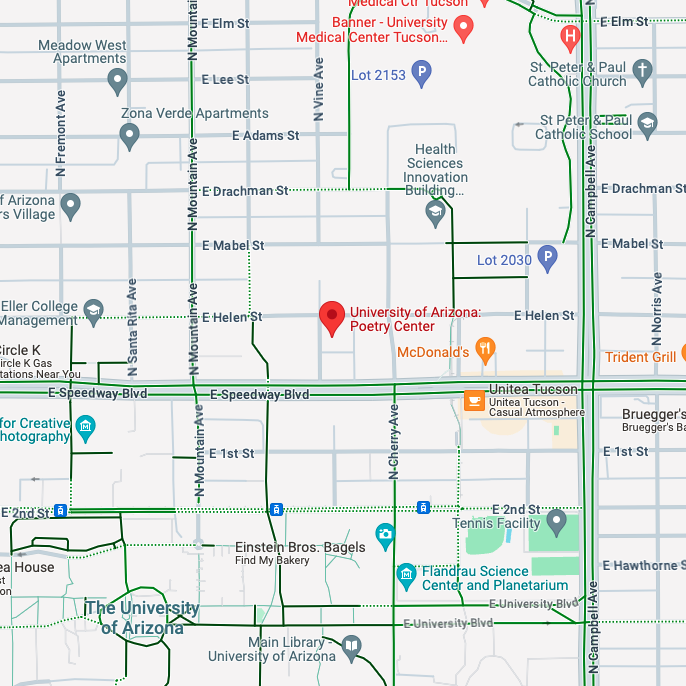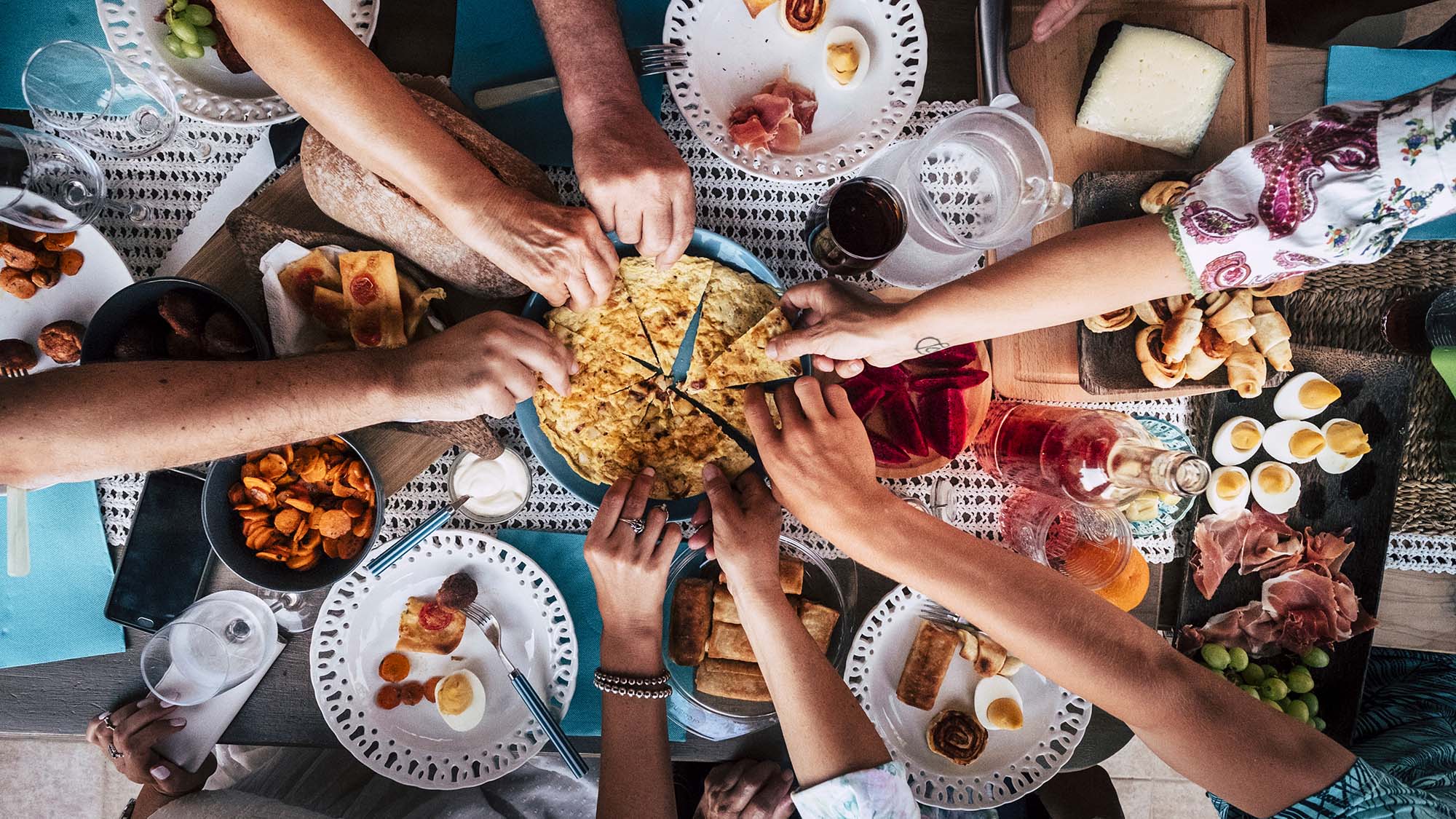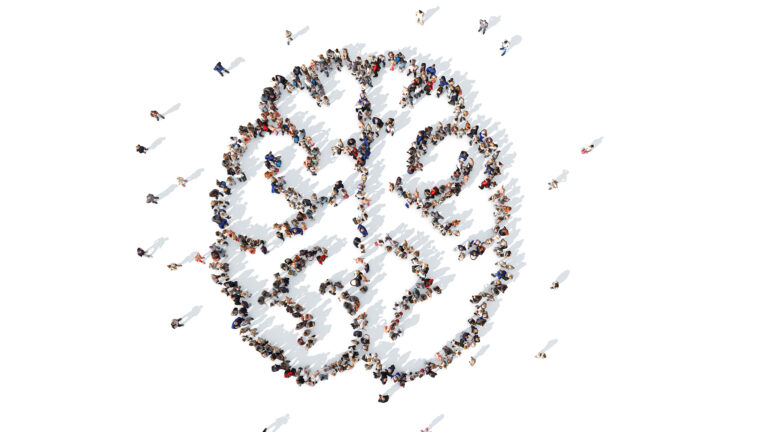Eating is not merely a biological function but a fascinating behavior that reflects the intricate relationship between humans and their food. Unlike other species, humans profoundly transform their food, from cultivating wild apples to crafting them into diverse culinary creations. This human-centric approach to food—encompassing cultivation, preparation, and consumption—sets us apart and mirrors our complex biocultural systems. Delving into the anthropology of food provides profound insights into human diversity, tracing dietary evolutions and the profound impact of food on social and individual identities. Delve into humanity’s archaeological past, dietary shifts, the interplay between diet and health, and food’s pivotal role in shaping class and national narratives. In this course, we unravel how food practices offer a profound understanding of who we are, echoing Brillat-Savarin’s notion: “Tell me what you eat and I’ll tell you who you are.”
Required Reading
No textbook is required. All readings will be distributed to students electronically.
Recommended Reading
Hogan, L. 2008. People of the Whale. NY: WW Norton.
Meet Your Instructor
LYNNE A. SCHEPARTZ received her PhD from the University of Michigan and is currently Paleontology Collections Manager at the University of Arizona’s Desert Laboratory on Tumamoc Hill. She is a biological anthropologist with research interests in human diet and disease in the past and biological diversity in living human populations. Currently, she investigates gender and status-based differences in the health of Mycenaeans from the Bronze Age of Greece. Her research has involved projects in Sub-Saharan Africa, China, Greece, Albania, and Israel.
Location
POETRY CENTER
Dorothy Rubel Room
1508 E Helen
Tucson, AZ 85721
United States
Located on the SE corner of Helen Street and Vine Avenue, one block north of Speedway and three blocks west of Campbell Ave.






